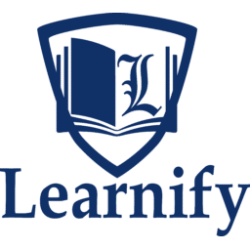Introduction:
This course provides a comprehensive overview of water resources engineering, focusing on the planning, design, and management of water systems. Participants will gain insights into hydrology, hydraulics, and sustainable practices to address water resource challenges effectively.
Objectives:
- Understand the foundational principles of water resources engineering.
- Design and manage water supply and distribution systems.
- Explore hydrological processes and water management techniques.
- Apply sustainable practices in water resources planning and design.
Who Should Attend:
- Civil engineers specializing in water resources.
- Water resources engineers and hydrologists.
- Environmental engineers involved in water system management.
- Engineering students and graduates focusing on water systems.
Course Outline:
Day 1: Introduction to Water Resources Engineering
- Overview and significance of water resources engineering.
- Understanding the hydrological cycle and water balance.
- Basics of surface and groundwater hydrology.
- Introduction to water resources planning and management.
Day 2: Hydrology and Water Management
- Rainfall-runoff relationships and hydrological modeling.
- Flood forecasting, risk assessment, and management.
- Groundwater flow dynamics and well hydraulics.
- Water allocation and management strategies.
Day 3: Hydraulic Engineering Principles
- Fundamentals of open channel flow and applications.
- Design and function of hydraulic structures (e.g., dams, weirs).
- River engineering, erosion control, and sediment transport.
- Hydraulic modeling and analysis using advanced tools.
Day 4: Water Supply and Distribution Systems
- Planning and design of water supply networks.
- Water treatment processes and emerging technologies.
- Wastewater collection, treatment, and disposal methods.
- Strategies for sustainable water resources management.
Day 5: Practical Applications and Case Studies
- Real-world case studies in water resources engineering.
- Practical exercises in hydraulic and water supply system design.
- Group discussions and collaborative presentations.
- Final assessment and feedback for participant development.
Main Highlights:
- Comprehensive Content: Covers hydrology, hydraulics, and water system management.
- Practical Focus: Includes real-life case studies and hands-on design exercises.
- Sustainability Emphasis: Focus on sustainable water management practices.
- Technical Depth: Detailed exploration of hydraulic modeling and flood management.


